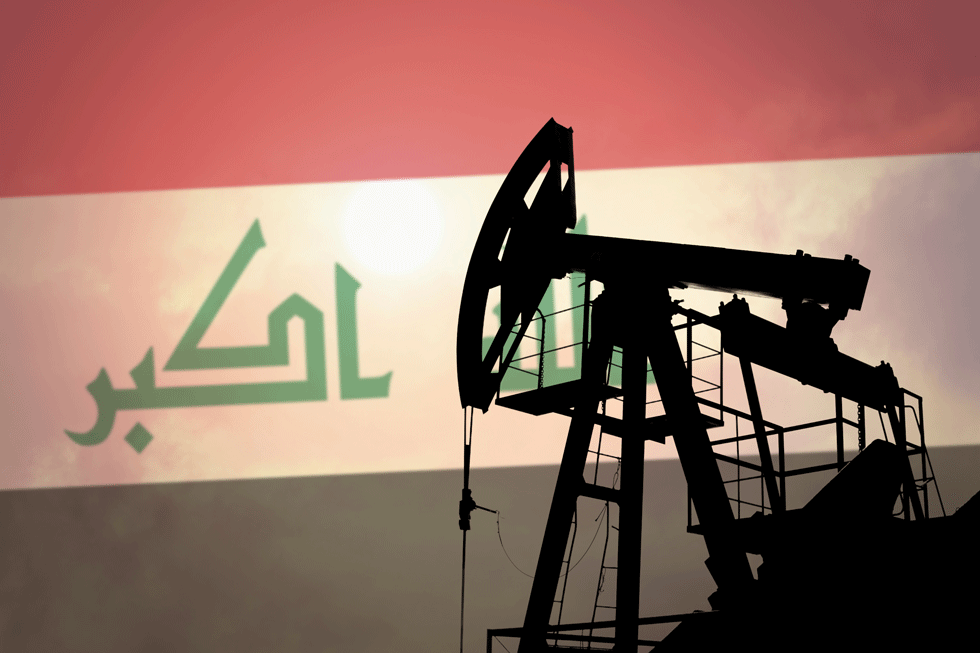

The Saeroun alliance led by Shia cleric Moqtada al-Sadr has won the parliamentary elections in Iraq.
Final results released on 19 May by Iraq's electoral commission give the Saeroun bloc 54 seats, with the Victory Alliance, headed by incumbent Prime Minister Haider al-Abadi pushed back into third place with 42 seats.
The pro-Iranian Al-Fatah bloc led by Hadi al-Amiri, came in second with 47 seats.
Fatah combines the political wings of militias in the Shia-led paramilitary Hashd al-Shaabi (Popular Mobilisation) force and is led by former Transport Minister Hadi al-Amiri.
Al-Sadr, who is a long-standing opponent of US involvement in Iraq who also opposes Iranian influence in the country. cannot himself become prime minister as he did not stand as a candidate in the election.
His bloc’s victory however means that he will have a strong say in negotiations over the forming of Iraq's new government.
Iraq's consitution requires that a government must be formed within 90 days.
Many observers say that negotiations could drag on for longer.
Populist champion
The elections were the first since Iraq declared victory over the Islamic State group in December 2017.
The success of the Saeroun (Marching Towards Reform) alliance between Al-Sadr's Istiqama (Integrity) party and six mostly secular groups, including the Iraqi communist party is being seen as a popular protest against widespread corruption and dysfunctional governance in Iraq.
Turnout at the 12 May election was only 44.5 per cent, much lower than in previous polls.
Al-Sadr has positioned himself as an anti-corruption champion after previously being known as a militia chief fighting US forces after the 2003 invasion of Iraq.
The Saeroun alliance campaigned on a platform of fighting corruption and investing in public services.
It says it fiercely opposes any foreign interference in Iraq, which is strongly backed by both Tehran and Washington, and has promised to help the poor and build schools and hospitals in Iraq, which was battered in the war to defeat Islamic state and has suffered from low oil prices.
Before the election, Tehran stated that it would not allow Al-Sadr’s bloc to govern in Iraq.
After the results were announced, Al-Sadr tweeted: “Reform is victorious and corruption is diminishing.”
Negotiating government
Observers say that Al-Abadi could yet return as prime minister after negotiations to form a new government.
Winning the largest number of seats does not allow Al-Sadr to choose who will be Iraq's prime minister. The other winning blocs must agree on the nomination.
Al-Abadi may be seen as a compromise candidate between the parties because he has skillfully managed the competing interests of the United States and Iran during his term in office.
Iranian Major General Qassem Soleimani, commander of foreign operations for Iran’s Revolutionary Guards, is reported to have been holding talks with politicians in Baghdad to promote the formation of a new cabinet which would have Iran’s approval.
Reconstruction
Whoever is named prime minister will have to oversee the reconstruction of Iraq following the battle against IS, which seized control of large parts of the country in 2014.
International donors pledged $30bn at a conference in February but Iraqi officials have estimated that as much as $100bn is required.
More than 20,000 homes and businesses were destroyed in the second city of Mosul alone.
More than two million Iraqis are still displaced across the country and IS militants continue to mount deadly attacks despite having lost control of the territory they once held.
You might also like...

Hassan Allam and Siemens confirm Hafeet Rail award
24 April 2024

UAE builds its downstream and chemical sectors
24 April 2024

Acwa Power eyes selective asset sales
24 April 2024

Bahrain mall to install solar carport
24 April 2024
A MEED Subscription...
Subscribe or upgrade your current MEED.com package to support your strategic planning with the MENA region’s best source of business information. Proceed to our online shop below to find out more about the features in each package.





